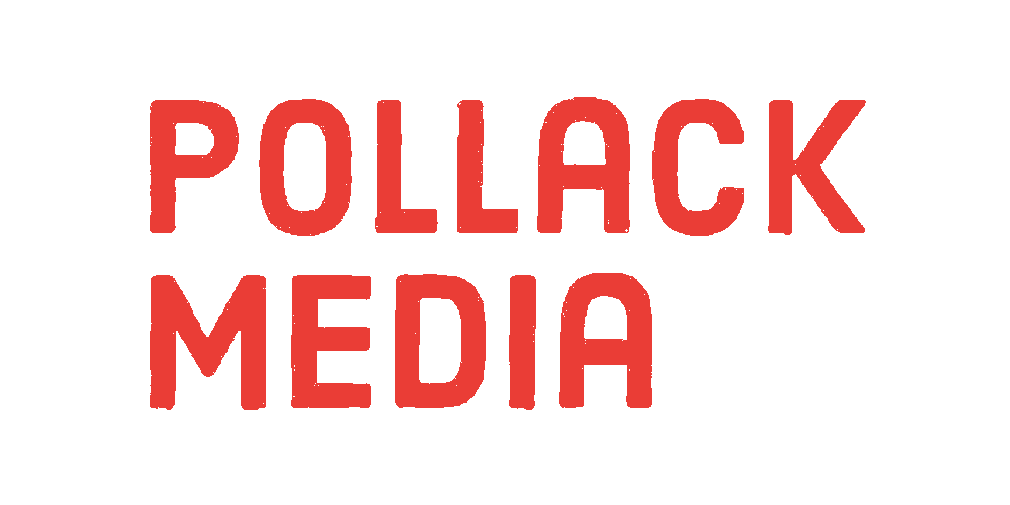Aereo, the service that allows users to record and stream local TV channels for just a few dollars a month, lost big in the Supreme Court this week. TV networks, local stations and content creators are celebrating the Court?s ruling that Aereo violates the Copyright Act.
But the decision was written to narrowly focus on the Aereo situation in particular, not cloud computing in general. Writing for the 6-3 majority, Justice Stephen Breyer wrote, ?We have not considered whether the public performance right is infringed when the user of a service pays primarily for something other than the transmission of copyrighted works, such as the remote storage of content.?
After the ruling, Aereo CEO Chet Kanojia was asked for his reaction. He turned it around with a question of his own, ?Are we moving towards a permission-based system for technology innovation??
Our question is, what does it mean for all parties involved? USA Today put together a handy chart of who it considers winner and losers in the decision. And here?s a round-up of what the experts think will likely happen next from the perspective of all interested parties.
? Aereo ? Most experts expect the service to fold pretty quickly. Officially, the Supreme Court?s decision throws the case back to a federal judge in New York to rule on Aereo. Besides shuttering its service, Aereo has a couple of other options: other legal maneuvers to try to stay alive, or negotiating retransmission fees with the stations to make it all legal. But the latter would cost them so much that it would make Aereo?s price differential moot.
The most valuable part of Aereo now might be the trove of patents that they own. The technology is not illegal; it?s the business model. Would another company (Apple? Amazon? Google?) buy the patents and use it as the local channel part of their existing (or planned) streaming services? CNET is skeptical of this idea.
? Aereo?s Customers ? Aereo is currently available in 13 markets, and it was slated to launch in 19 more in the next few months. Now, that the decision is in, the 100,000 or so existing customers should start rethinking their plans. Aereo will likely go out of business soon, and, clearly, there won?t be another similar service anytime soon after the Supreme Court swatted down Aereo.
? TV Networks & Station Owners ? The stations? $4 billion annual revenues from retransmission fees is safe, and likely to grow much larger. CBS and Fox were outspoken prior to the decision. Both networks threatened to move from over the air transmission to cable-only had the Supreme Court approved of Aereo?s service. Now, that the Court has ruled, Variety reports that the stations and networks are likely to increase the fees they charge cable and satellite systems to carry their programming. Industry analysts predict that those fees will more than double in the next 5 years.
? Pay TV Services ? These companies are winners too, because their business models remain tenable, at least for now. A victory by Aereo might have accelerated the trend towards cord cutting. Customers could have cobbled together a reasonable TV package by combining Aereo with Hulu Plus, Netflix and others.
Aereo?s fundamental threat to the existing TV distribution system was to the concept of bundling channels. According to Recode, ?That?s what Aereo?s Chet Kanojia and IAC?s Barry Diller, who backed the company, were most interested in ? a service that would essentially offer a very skinny bundle of TV networks, and provoke the other guys into rethinking their bundles.?
? The Public at Large ? In the short run, this could mean a setback for cord cutters. In the long run, it may encourage content owners to okay more robust TV Everywhere services. Viewers want what they want when they want it. Aereo was one response to that demand. Bloomberg quoted analyst Clay Brockman, ?People really like this Aereo technology,? he said in an interview before the ruling was announced. ?There?s a greater sense of urgency that this technology is out there now.? Furthermore, Brockman said, ?The startup?s legacy could be inspiring broadcasters and other programming companies to try out offering more Internet video services.?
The consensus is that the Aereo decision was about protecting copyrights, and that it was a big win for TV stations, networks and content creators. The Supreme Court was also keenly aware of the potential implications of this decision on other, related technologies. The majority opinion was written narrowly in this case so as not to immediately threaten the concept of cloud storage. Justice Breyer said, clearly and directly, ?Given the limited nature of this holding, the Court does not believe its decision will discourage the emergence or use of different kinds of technologies.?
– Pat Welsh
